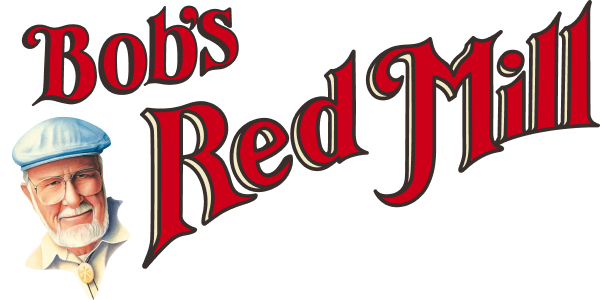


 There are actually a bunch of different reasons why you may be considering going dairy freeand maybe a few more that you should know about before making the switch. The four main reasons people go dairy free are: because they have to due to an intolerance or allergy, for moral reasons, to lose weight, and for other health reasons. We should explore all four of those options.
There are actually a bunch of different reasons why you may be considering going dairy freeand maybe a few more that you should know about before making the switch. The four main reasons people go dairy free are: because they have to due to an intolerance or allergy, for moral reasons, to lose weight, and for other health reasons. We should explore all four of those options.